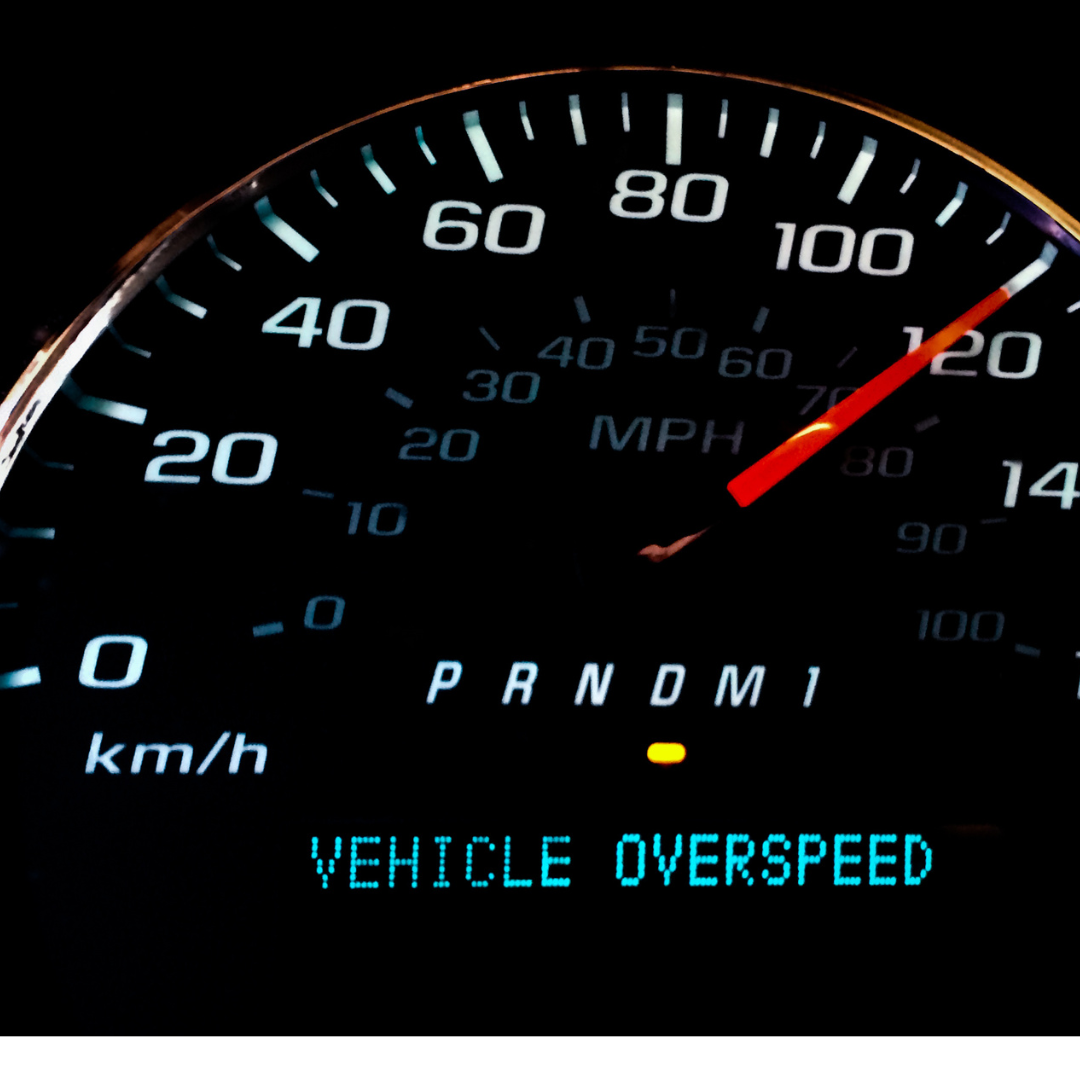While it’s a common occurrence for speeding drivers to receive fines for breaking traffic laws, one Georgia motorist, Connor Cato, recently found himself facing a staggering $1.48 million ticket for going 90 miles per hour in a 55-mph zone. However, there’s no need for Cato to fret over paying this astronomical amount, as it’s merely a placeholder figure generated by the e-citation system.
In September, the Georgia State Patrol pulled over Connor Cato for his excessive speed, a violation of the state’s Super Speeder Law, which applies to drivers traveling at 75 mph or more on two-lane roads and 85 mph or more on highways. Violators are subjected to a mandatory court appearance, and the state issues an e-citation for $999,999.99 in addition to other associated costs, resulting in Cato being notified of a jaw-dropping $1.48 million fine.
Fortunately, the enormous fine is not actually enforceable, as clarified by a City of Savannah spokesperson who spoke to WSAV News. The spokesperson explained that the software used by the police employs the largest possible number because super speeder tickets necessitate a mandatory court appearance and do not have a specific fine amount associated with them when initially issued by law enforcement. In response to the confusion caused by this placeholder, Recorder’s Court is working to adjust the language in e-citations to prevent such errors in the future.
The actual penalty for a speeding violation cannot exceed $1,000, inclusive of additional fees.
The Super Speeder Law requires drivers to pay any local speeding fines plus an extra $200 fee. If a driver fails to settle the ticket within 120 days, the state imposes a suspension of the motorist’s license, along with an additional $50 charge. The fees collected are used to support the state’s trauma care hospital system. The law has been in effect since January 1, 2010.
In contrast to the fixed fines in the United States, some countries around the world determine speeding fines based on the individual’s income. An example of this approach comes from Finland, where businessman Anders Wiklöf was issued a ticket for approximately $129,400 (121,000 euros) for driving at 51 mph (82 kph) in a 31-mph (50-kph) zone. His license was also suspended for ten days. Reflecting on the incident, Wiklöf expressed regret and hoped the money would be used for healthcare funding through the treasury.
Switzerland holds the record for the world’s highest speeding ticket, and it, too, calculates fines based on the offender’s income. In one such case, a driver was fined approximately $1,091,340 for exceeding the speed limit by 106 mph (170 kph), as reported by ABC News. These examples illustrate the diversity of approaches to speeding fines around the world, with some nations opting for proportional penalties tied to income.

